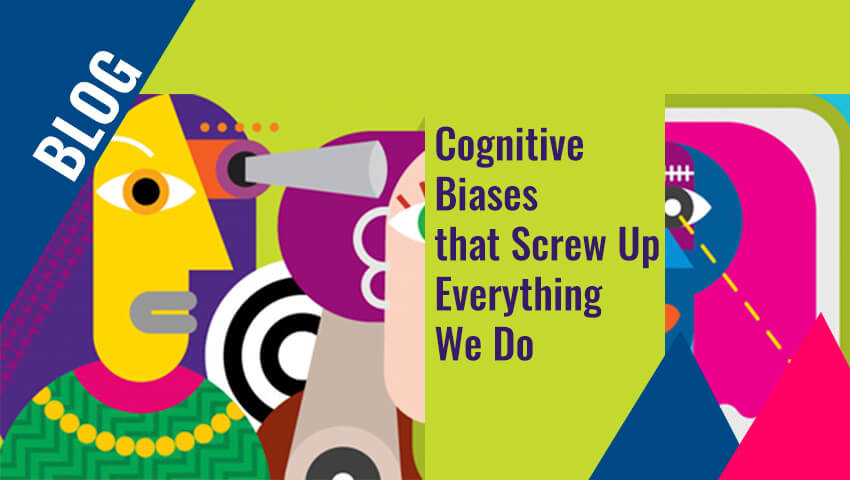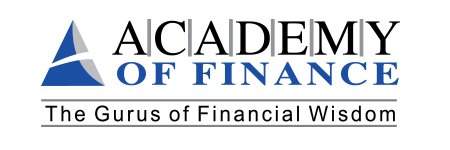
Cognitive Biases that Screw Up Everything We Do
“Trust can lead you to assume that you don’t need to challenge the executive leadership; that you ‘trust’ them to provide you with the information you need as a director; and that everything is precisely as they tell you, without inappropriate bias, omission, or spin.”
“Trust May Be the Enemy of the Board”
Internal Auditor
“Trust can lead you to assume that you don’t need to challenge the executive leadership; that you ‘trust’ them to provide you with the information you need as a director; and that everything is precisely as they tell you, without inappropriate bias, omission, or spin.”
“Trust May Be the Enemy of the Board”
Internal Auditor
As individuals assess information, their conclusions and decisions are inevitably subject to their own unique background and biases. There may be no malice intended and the process may be unconscious, unintentional, and naturally instinctive, but the impact is there nonetheless.
Bias-inducing tendencies can lead even the brightest, most experienced professionals, including auditors, to make suboptimal judgments. A Business Insider article on “61 Cognitive Biases that Screw Up Everything We Do” provides descriptions of biases that can arise in a day-to-day business environment.
Anchoring bias – Placing too much reliance on initial evidence when considering subsequent data and decisions.
Blind spots – Identifying bias in others but failing to see one’s own.
Confirmation bias – Giving greater weight to evidence that supports one’s opinion while discounting facts that disagree with it.
Optimism bias – Tending to assume a favorable outcome. As a result, one might underestimate risks and focus too heavily on potential positive results.
Overconfidence bias – Overestimating one’s ability to make accurate judgments or do something well. It can be easy to spot overconfidence in others but more difficult to recognize it in oneself. When one person is overconfident, especially a group leader, others may hesitate to question him or her.
Survivorship bias – Paying too much attention to successes while glossing over failures. This bias can lead to becoming overly optimistic because the focus is on those who succeeded as opposed to spending time collecting and analyzing information on failures.
Affinity bias – Feeling affinity or chemistry with another person based on similar background, life experiences, education, or other factors. This can affect the reliance one places on another’s judgments or assumptions.
Affirmation bias – Making attributions regarding the cause of one’s behavior even though attributions do not always accurately reflect reality. This can cause people to find reasons for their behaviors by placing blame on a convenient cause or one-off event.
Availability heuristic – Relying on information that is easily retrieved or recalled from memory. This may occur in practice when an individual relies on memory rather than on documentation and the recollection is incorrect or does not apply to the current situation.
Groupthink – Bringing people together to gain others’ perspectives can be beneficial, but the tendency can also lead to an opportunity for bias or poor decision making. It is important to recognize situations when groups might rush to a decision without sufficient discussion or discourage contradictory views.
Groupthink – Bringing people together to gain others’ perspectives can be beneficial, but the tendency can also lead to an opportunity for bias or poor decision making. It is important to recognize situations when groups might rush to a decision without sufficient discussion or discourage contradictory views.
Outcome bias – Judging a decision based on the outcome rather than how the decision was made. This bias has a significant impact on the way decisions are evaluated.
Rush to solve bias – Needing to make a quick decision or reach consensus quickly. When an individual is under time pressure, it is easy to see how this bias could affect their actions.
System justification – Supporting the status quo. This can happen when employees fail to question existing systems and practices. It can also lead to overlooking new types of fraud.
It is incumbent on all members of the financial reporting supply chain not only to strive to consider the different biases that they might unconsciously apply, but also to recognize the potential hindrance these biases can have on their ability to exercise skepticism, and work toward mitigating them.
Skepticism in Practice September 2020
AFC – Anti Fraud Collaboration
